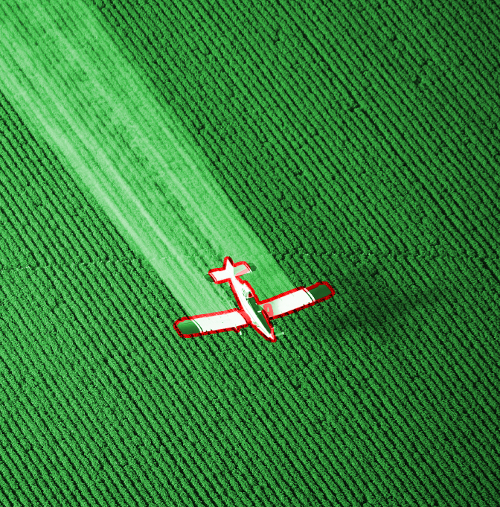Monsanto to pay for cancer link
 Pesticide giant Monsanto has been ordered to make a massive payout after its product Roundup was linked to a man’s cancer.
Pesticide giant Monsanto has been ordered to make a massive payout after its product Roundup was linked to a man’s cancer.
A US Court has ordered Monsanto to pay US$289 million to a former school gardener who has terminal cancer. The jury in California found Roundup (which contains glyphosate) contributed to the man’s illness.
Details of the findings and the glyphosate data behind it are available here.
The US case has led to questions about glyphosate in Australia.
National Farmers Federation chief Tony Maher says he does not believe glyphosate is a carcinogen.
“When these decisions come up we have to examine them and make sure we are absolutely clear on what the findings of that court decision are,” he said.
“But right now my view is that glyphosate is not a carcinogen and doesn't pose a cancer risk to humans.”
The Australian Pesticides and Veterinary Medicines Authority (APVMA) has released a statement saying the products that it has approved which contain glyphosate should continue to be used, provided normal safety protocols and directions are followed.
The APVMA said it last reviewed glyphosate in 2016, and will not conduct another review “at this time”.
Homebase, a giant British home hardware store, is reviewing the sale of Roundup in light of the US court's ruling.
Bunnings will continue to stock Roundup in Australia, saying it will follow the APVMA's advice regarding the product.
US journalist Carey Gillam has been investigating Monsanto’s tactics over the course of decades to manipulate “science, arm-twisting regulators, confusing consumers and silencing critics”.
“What you see when you look at the documents is you see a very carefully orchestrated plan by Monsanto and others in the chemical industry to suppress evidence of harm that is associated with glyphosate-based herbicides like Roundup,” she said in a recent interview with the ABC.
She expects the US finding to lead to further litigation.
“That could create a snowball effect where Monsanto might be looking at maybe a billion or more in damages from these lawsuits,” Ms Gillam said.
Monsanto vice president Scott Partridge said the company will appeal the case.
“There is no scientific evidence that supports their claim. So there is no authority whatsoever that has ever found any association between glyphosate and cancer. It is completely safe,” he said.
Mr Partridge said the world needs glyphosate.
“Now is not the time for activists to be trying to take a valuable tool out of the hands of farmers,” he said.







 Print
Print